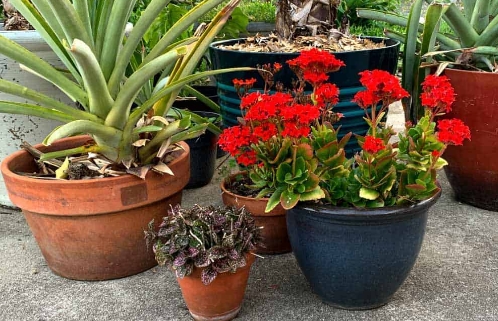Plastic garden pots have become a staple in gardening, but their environmental impact is a cause for concern. Here are some sustainable alternatives to consider when choosing garden pots.
1. The Problem with Plastic Pots
Plastic pots are made from non-biodegradable materials, which means they can take hundreds of years to break down in landfills. Additionally, the production of plastic pots involves the use of fossil fuels and other resources, contributing to greenhouse gas emissions and other environmental issues.
2. Biodegradable Pots
One sustainable alternative to plastic pots is biodegradable pots, which are made from materials like coconut coir, rice hulls, or recycled paper. These pots break down naturally over time, reducing waste and environmental harm.
3. Terracotta Pots
Terracotta pots are another eco-friendly option, as they are made from natural clay that is easily recyclable and long-lasting. These pots provide insulation to plants and help regulate soil moisture, making them a practical and sustainable choice for gardening.
4. Recycled Plastic Pots
If you prefer the convenience of plastic pots, consider opting for pots made from recycled plastics. These pots divert waste from landfills and reduce the demand for virgin plastic production, making them a more environmentally friendly choice.
5. Ceramic Pots
Ceramic pots are a durable and attractive alternative to plastic pots. They are often made from natural materials and are easy to recycle, making them a sustainable option for your garden.
6. Wooden Pots
Wooden pots are another sustainable choice for gardeners, as they are biodegradable and can be easily composted at the end of their lifespan. These pots add a rustic and natural look to your garden, while also being environmentally friendly.
In conclusion, the environmental impact of plastic garden pots can be significant, but there are many sustainable alternatives to consider. By choosing biodegradable, recycled, or natural pots, you can reduce your carbon footprint and create a more eco-friendly garden space. Consider these options when selecting pots for your next gardening project.
